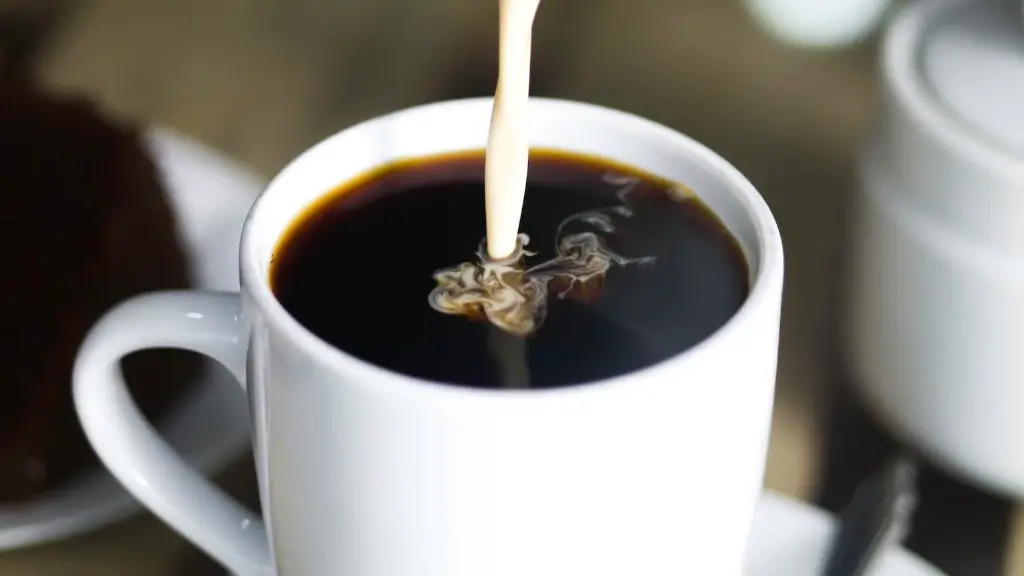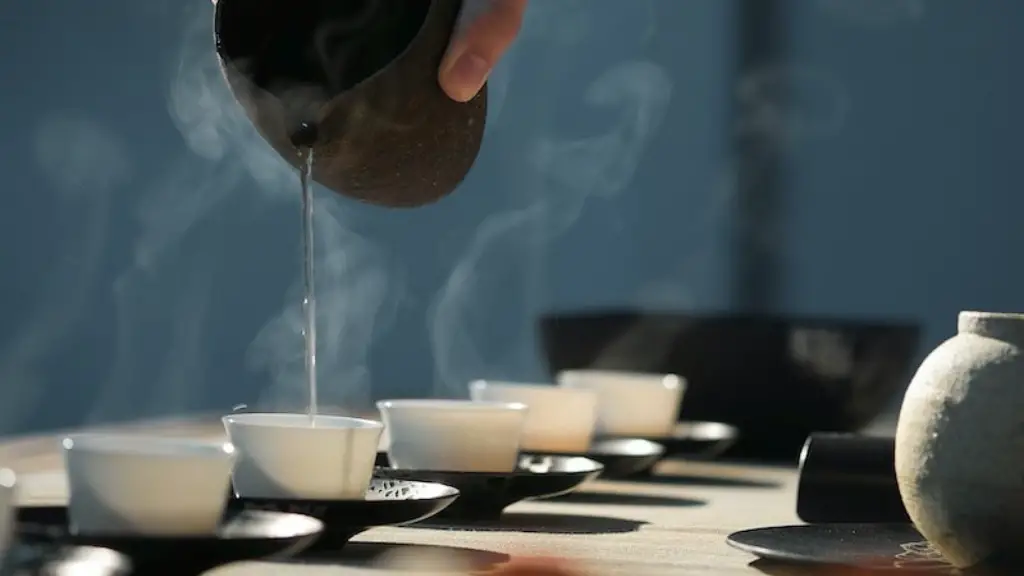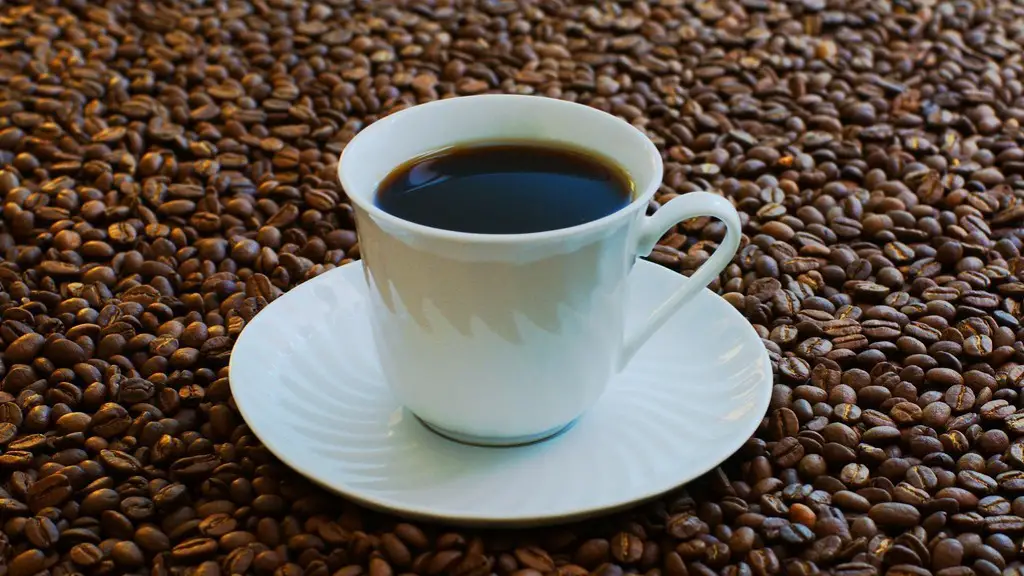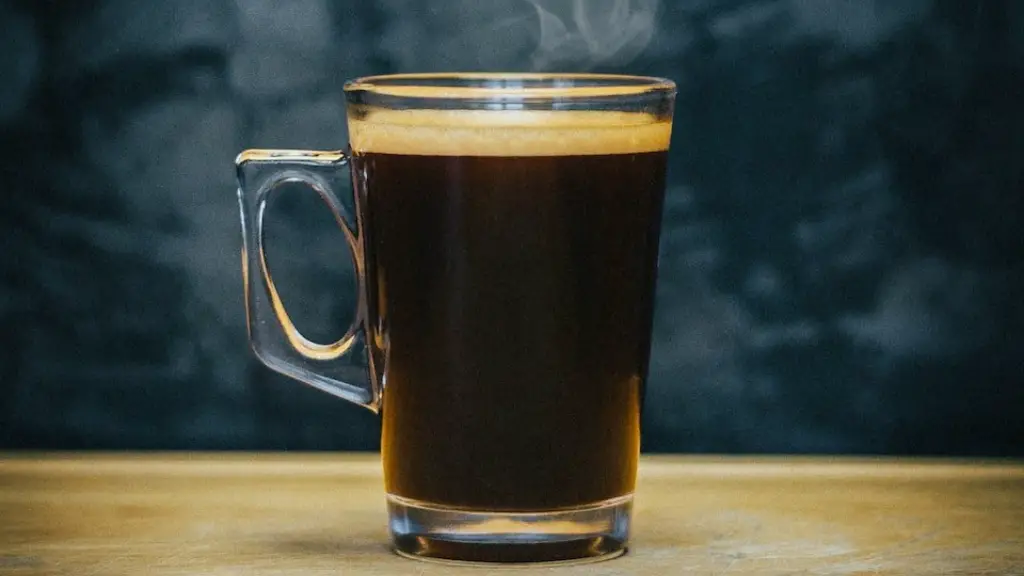Coffee is known to provide an energy boost and a morning pick-me-up, but why does it sometimes leave us feeling worse than before? Many coffee drinkers experience chest discomfort after drinking, raising the question: why does my chest hurt after drinking coffee?
Pain and harsher sensations in the chest are often linked to heartburn, and in some cases, coffee may be the culprit. Coffee can stimulate the release of stomach acid, which is especially likely if the drinker’s coffee is too hot or too acidic. Coffee can also relax the lower esophageal sphincter, which can cause heartburn or chest pain.
However, it is important to differentiate between general heartburn and more serious issues like a heart attack. In the event of chest pain, it is always best to seek advice from a medical professional. Symptoms that should be taken seriously include chest tightness, pressure, shooting pain, dizziness, and difficulty breathing.
The good news is that for those who are not at risk of a heart condition, chest pain from coffee does not need to be a major worry. Most people can enjoy coffee without experiencing any discomfort if they take the right precautions. Ingesting smaller amounts of coffee, drinking it slowly, and controlling other lifestyle factors can highly reduce the chances of ongoing chest pain.
Apart from gastric acid, there are many other potential causes of chest pain linked to coffee. Some people suffer from allergies, intolerances, and sensitivities to ingredients in coffee, and these can result in symptoms ranging from mild discomfort to severe chest pain. Similarly, caffeine sensitivity can cause physical symptoms due to its stimulating effects, with chest pain being a potential consequence.
Fortunately, it is relatively straightforward to identify the root cause of chest pain from coffee. Making observations, keeping a log of food and drink consumption and symptoms, and, if necessary, performing allergy or caffeine sensitivity tests can help pinpoint which factors are causing chest pain.
Coffee, Stress, and Chest Pain
Most cases of chest pain after drinking coffee can be attributed to digestive discomfort, caffeine sensitivity, or allergies, but could stress play a role? Stress can increase certain hormones in the body, such as cortisol, which can cause physical reactions, including chest tenderness and pain. Generally, these effects will be mild, but they can be more pronounced when combined with other factors, such allergens or caffeine.
Interestingly, there is also the idea that coffee itself can help reduce stress, although it is unclear how strong this effect is since it varies from person to person. For some, the warmth and pungency of a cup of coffee itself can be calming, reducing stress levels, even though the caffeine is known to stimulate. It is possible, then, that coffee can help reduce stress-induced chest pain, yet only so long as the coffee does not exacerbate other issues.
Which Coffee Is Easiest on the Chest?
Ideally, coffee drinkers should aim to choose coffee that does not stimulate stomach acid or make the esophageal sphincter vulnerable to acid reflux. This often means opting for lower-acid or lighter-roasted coffee, avoiding added syrups or creamers, and using lower temperatures. Cooler coffee does not stimulate stomach acid as much, but for some, the temperature of coffee is linked to the taste, so experimenting with different beans and styles is key.
Similarly, caffeine can affect chest pain, which is why decaffeinated coffee can be beneficial. Decaffeinated coffee usually has lower acidity, making it a preferred option if chest pain persists after other changes have been made. Alternatively, herbal coffees may also be a better option for those wanting to avoid the effects of caffeine on the chest.
Does Drinking More Water Help Chest Pain Caused by Coffee?
Drinking plenty of water is a good habit for any coffee drinker, yet in particular it can also help reduce chest pain caused by coffee. Water can help dilute stomach acid, balancing pH levels and reducing the risk of acid reflux. In addition, water helps hydrate the body and flush out toxins, while reducing any other stress on the chest. Drinking more water can also reduce dehydration, creating a healthier atmosphere in the digestive system.
Coffee can also act as a diuretic, increasing the need to urinate and consequently contributing to dehydration. Therefore, drinking more water is essential for coffee drinkers who want to prevent chest pain and maintain their hydration levels. If chest pain persists despite an increase in water intake, checking for other causes is recommended.
Lifestyle Adjustments for Reducing Chest Pain
Apart from reducing stomach acid, coffee drinkers can make certain lifestyle adjustments to help minimise chest pain. Reducing stress levels is important and can be done by increasing exercise, practising relaxation techniques, and investing time in hobbies. Improving posture is also beneficial for chest discomfort, and this can be achieved by standing straighter and engaging the core, and by taking regular breaks from sedentary activities.
Additionally, since obesity, weight gain, and overeating can cause chest pain, taking care of diet and supporting better physical health can lessen symptoms. Finally, changing the food that is eaten before/with coffee can help, with high-fat, fried, and spicy meals often making chest pain worse. It is worth cutting down on these foods, especially if consumed with coffee.
Conclusion
Chest pain after drinking coffee can often be caused by digestive and physical issues, but the good news is that in most cases it can be prevented. Taking on board advice on the type of coffee consumed, staying hydrated, reducing stress levels, and supporting general physical and dietary health are helpful measures for reducing chest pain from coffee, and in many cases, this makes a noticeable difference.




